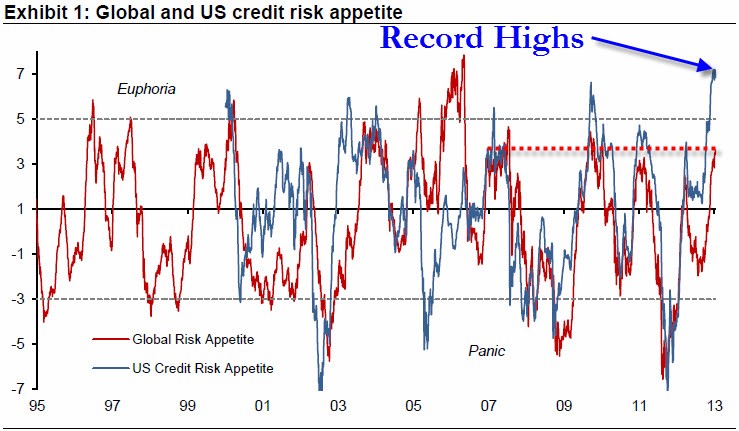How Companies Use Derivatives To Hedge Risk_1
Post on: 13 Май, 2015 No Comment

Derivatives play an important role in the capital markets and broader economy, allowing businesses to manage and hedge risk.
Derivatives play an important role in the capital markets and broader economy, allowing businesses to manage and hedge risk. Companies in every state utilize derivatives as a key tool to protect against risks that are inherent to their businesses. For example, an electric utility can use derivatives to hedge the risk of increases in fuel costs on the specific quantity of fuel it plans to purchase over a period of time so that its customers are protected against rate increases. Derivatives also allow financial institutions to hedge their exposure to credit risk, which helps them expand their lending and investment capabilities.
As mandated by Title VII of the Dodd-Frank Act. sufficiently liquid and standardized derivatives transactions will be subject to central clearing requirements, and many of those will be required to be executed on new electronic trading platforms (known as Swap Execution Facilities or SEFs). However, some derivatives will still fall into the category of over-the-counter (OTC), which means that their terms are privately negotiated between two parties, and some will also remain uncleared.
Examples of derivatives which are subject to new swap regulation under Title VII include interest rate swaps, credit default swaps, non-deliverable FX forwards (NDFs), swaptions and equity total return swaps, for example.
Regulators such as the Securities and Exchange Commission (SEC) and the Commodity Futures Trading Commission (CFTC) have proposed and, in many cases, finalized numerous rulemakings in order to meet G20 objectives aimed at increasing transparency and reducing systemic risk in the derivative markets, including:
- Reporting swap transactions to a swap data repository (SDRs);
- Clearing sufficiently liquid and standardized swaps on central counterparties, or designated clearing organizations (DCOs);
- Where appropriate, trading standardized swaps on SEFs or designated contract markets (DCMs);
- Setting higher capital and minimum margin requirements for uncleared swaps

Position
The Dodd-Frank Act established a broad, new regulatory regime, which stands to have profound effect on the market. New regulatory provisions will impact swap dealers, major swap participants, asset managers and other end-users, such as manufacturers, financial institutions, and agricultural concerns.
SIFMA believes that Dodd-Frank took several important and necessary steps with respect to improving transparency in the derivatives markets. SIFMA supports the implementation of appropriate regulation to meet this goal, without creating outsized costs or unduly limiting of the availability of these valuable risk management tools for American business.
SIFMA is working with the CFTC and SEC, and other regulators that are undertaking rulemaking proceedings to implement the derivatives-related provisions of the Act. SIFMA remains committed to educating legislators, regulators, and others market participants about the types and uses of derivatives, as well as the integral role they play in our economy.














